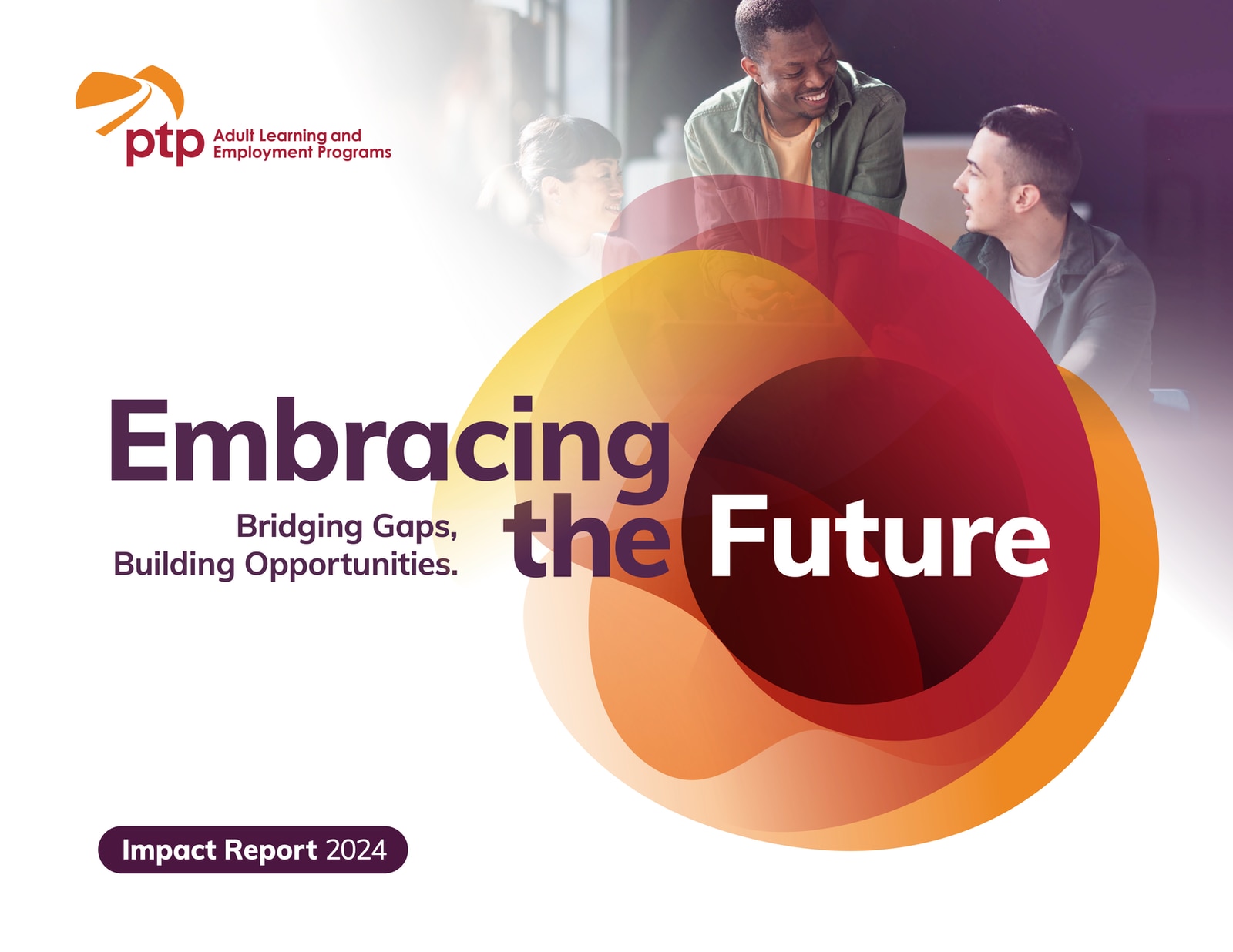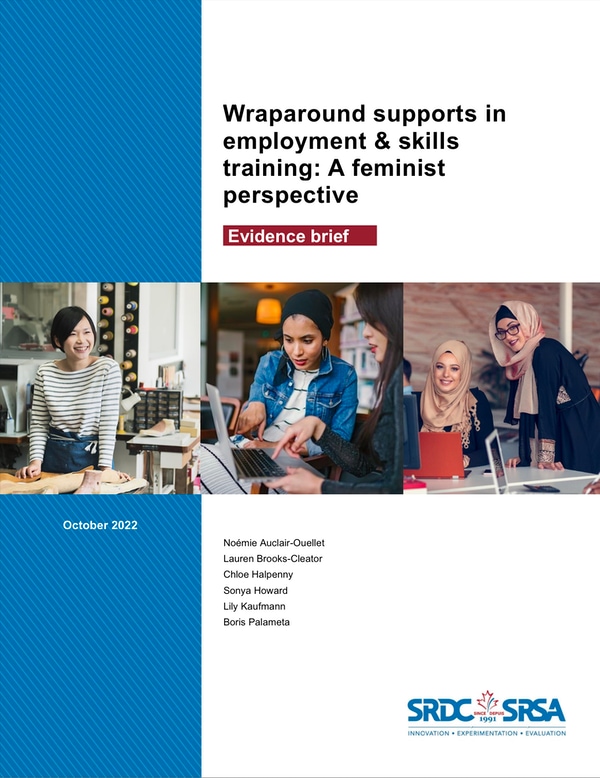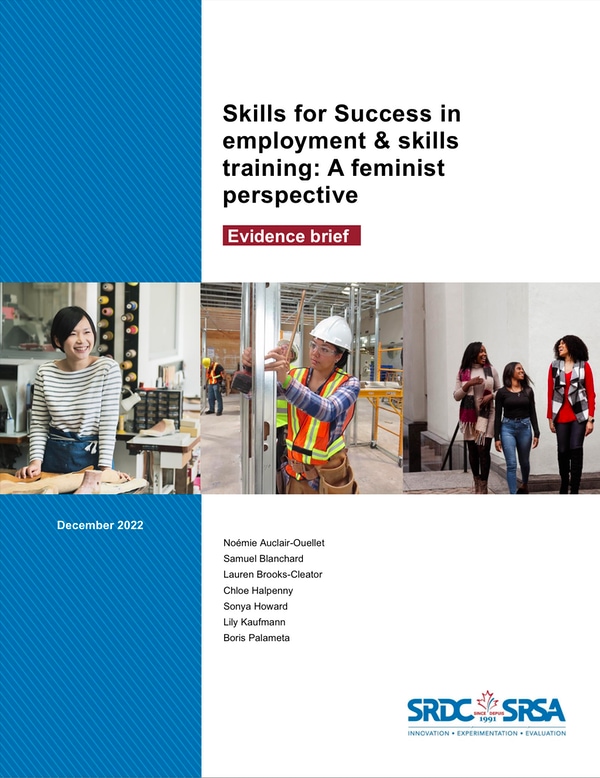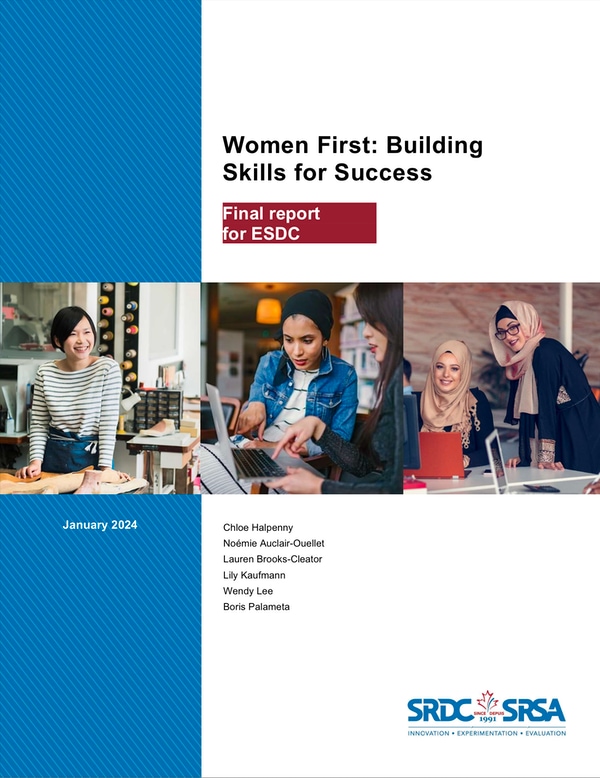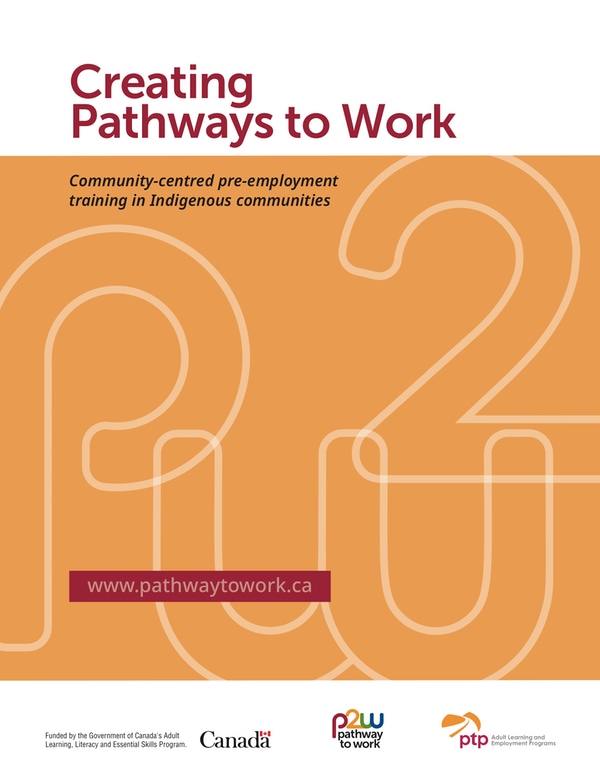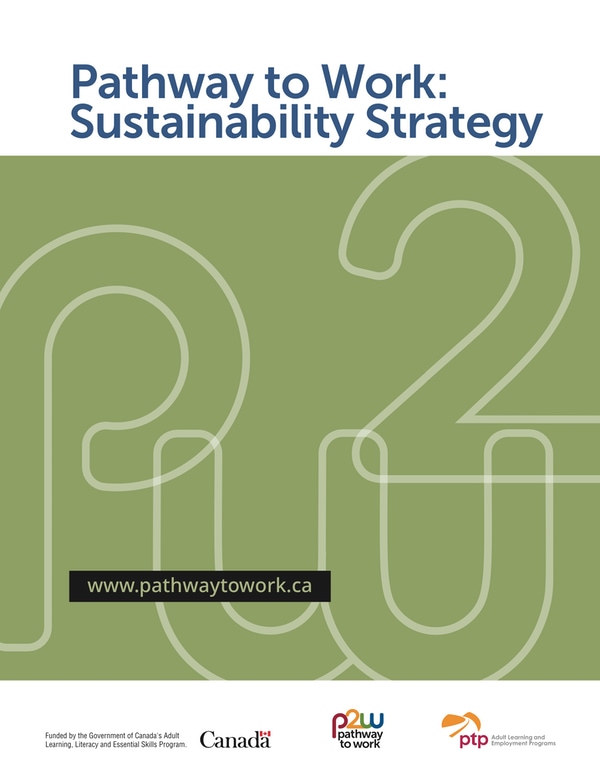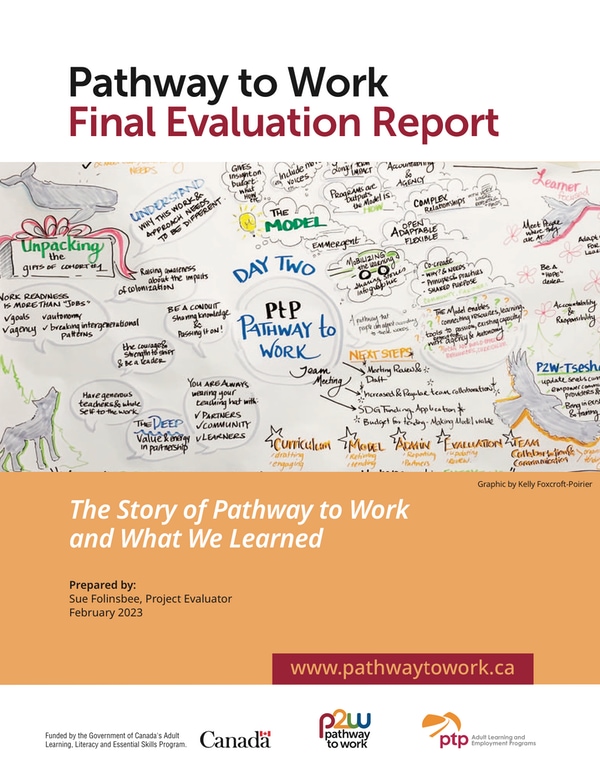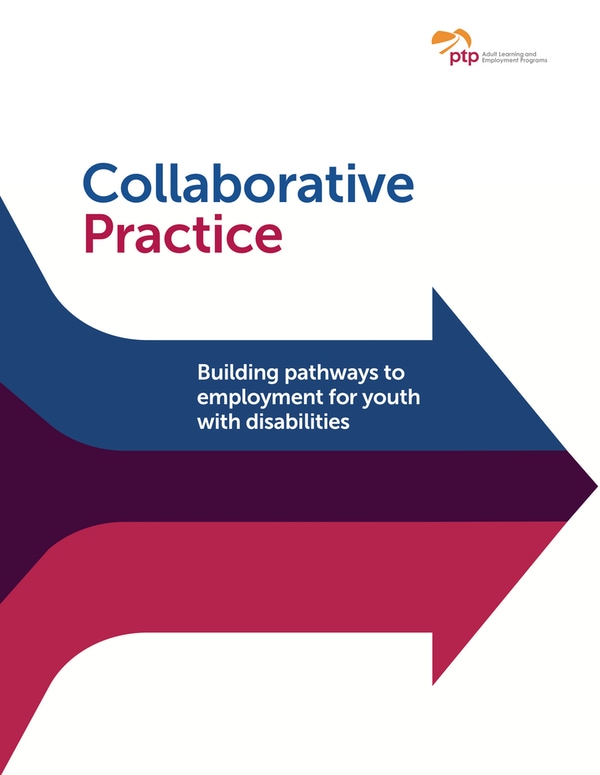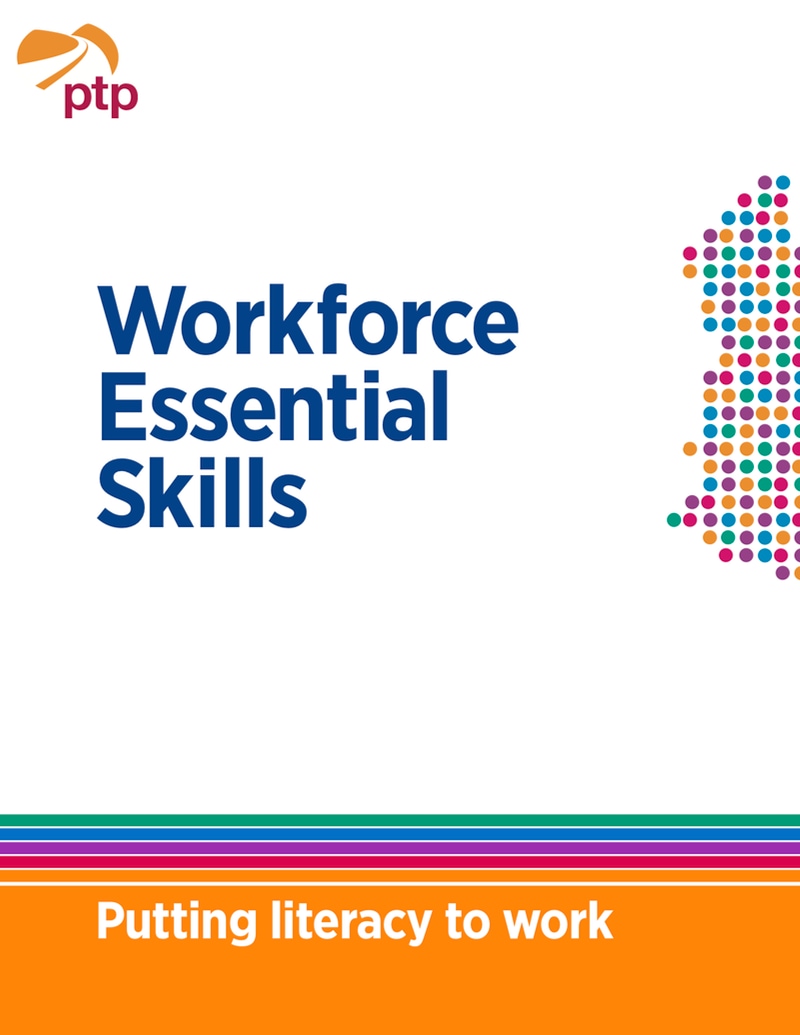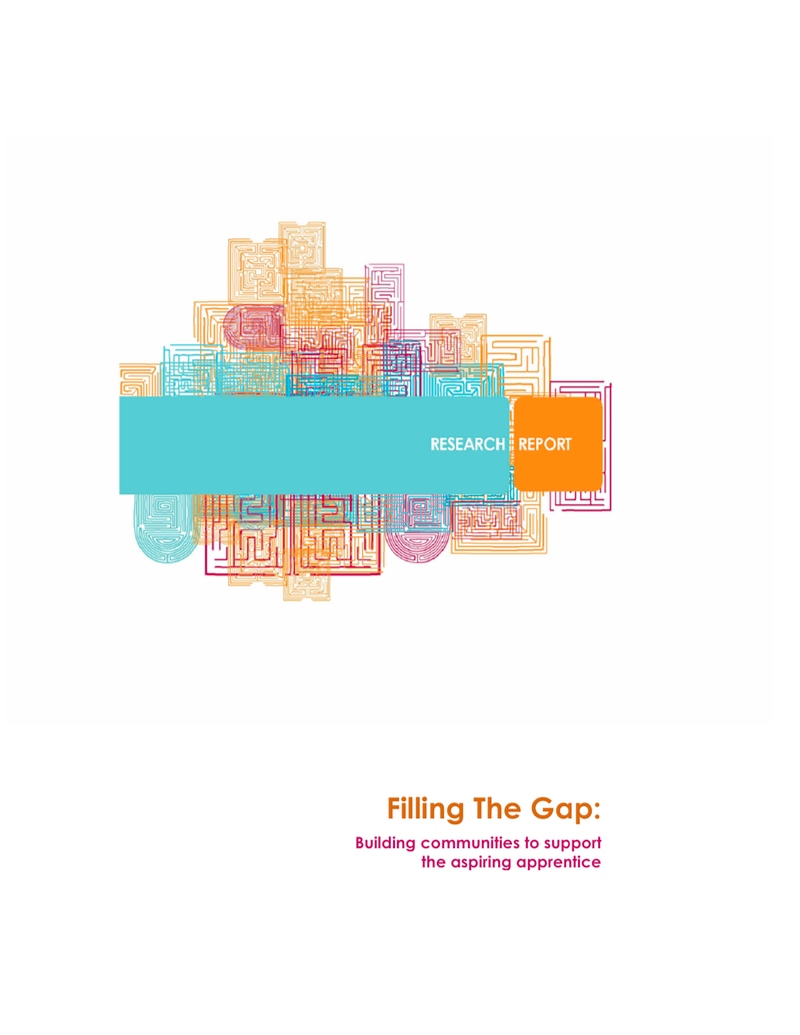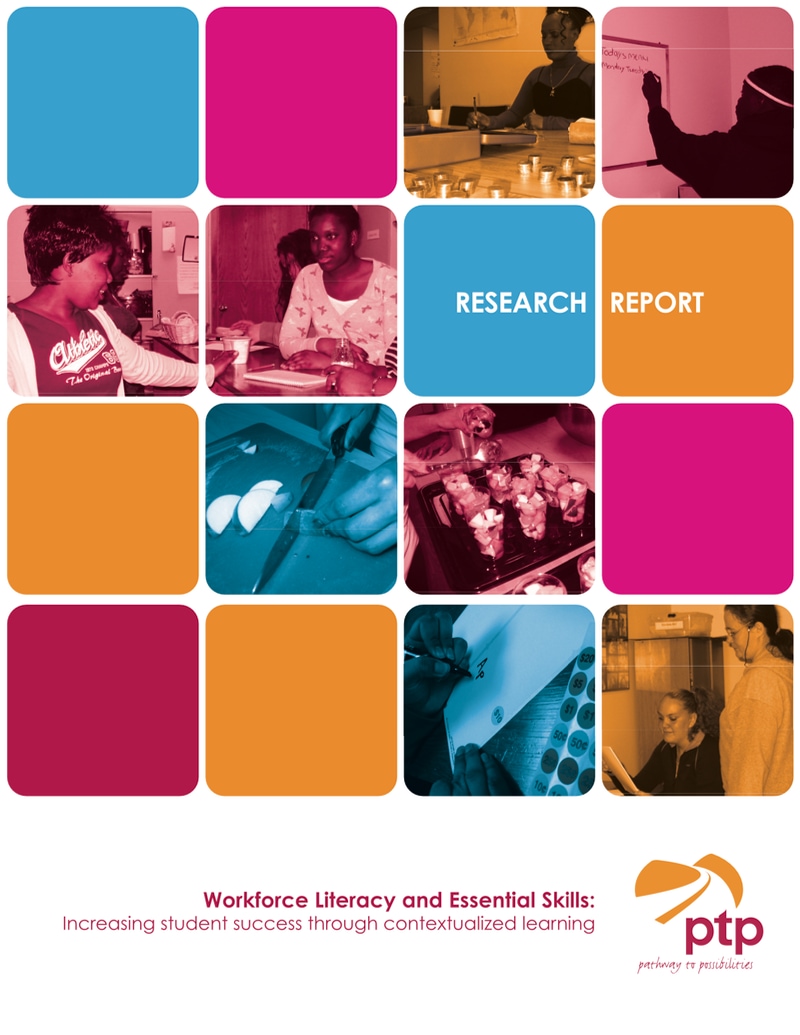Reports
Annual Impact Reports
2024 Impact Report
Embracing the Future means evolving to meet the needs of the people we serve. In this year’s report, we highlight several key initiatives that showcase our commitment to innovation and inclusivity.
Previous impact reports
Auditor’s Reports
Project reports
Women First: Briefs
Developed as part of the Women First project, these four briefs provide insights into effective strategies for women in employment and skills training. They highlight the role of wraparound supports, responses to learner realities, tailored employment readiness programs, and fostering trust and community belonging. Together, they offer practical approaches, lessons learned, and actionable recommendations for creating inclusive and supportive training environments.

The Role of Wraparound Supports in Women First
Wraparound supports broke through barriers like childcare, housing, and income insecurity, enabling women to fully engage in training programs. This brief showcases how holistic strategies lead to sustainable success.

Understanding and Responding to Learner Realities
A closer look at the challenges faced by multiply-marginalized women and the innovative approaches, including flexible and inclusive support, that helped them overcome barriers and achieve meaningful personal milestones.
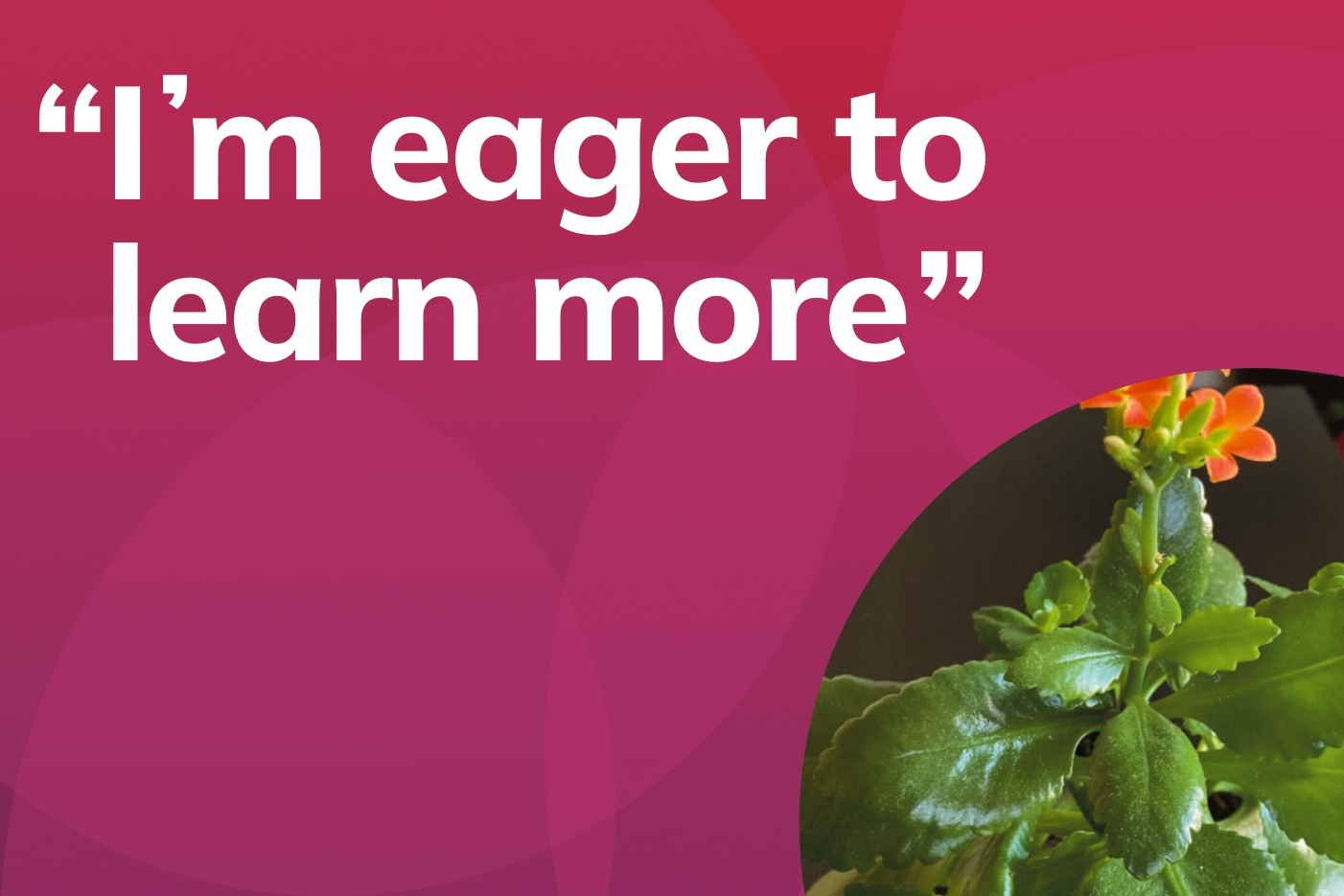
Employment and Skills in Women First
Tailored training programs offered women the tools to build confidence, develop life skills, and prepare for meaningful employment. Explore how these programs sparked transformation and new opportunities.
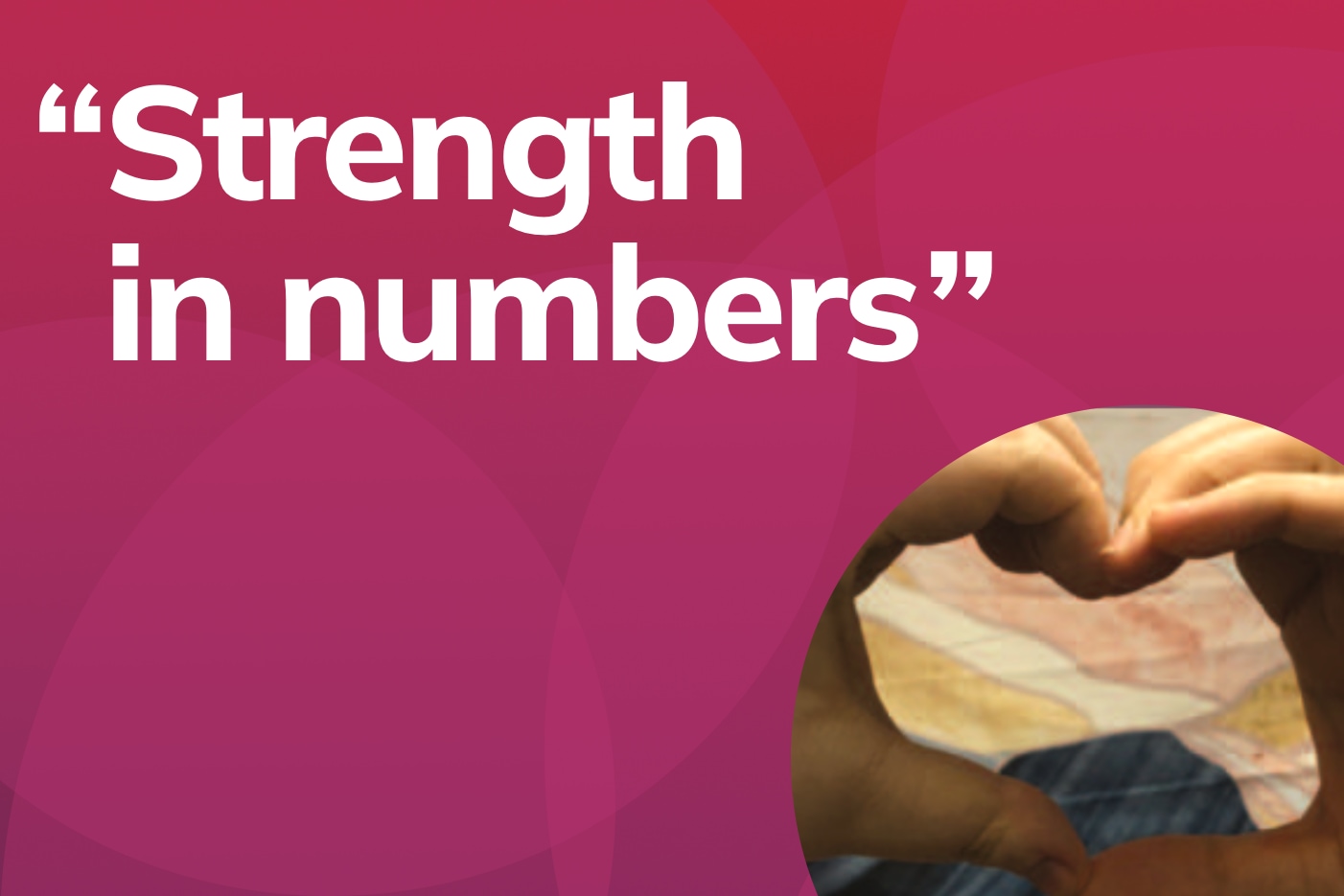
Relationships, Belonging, and Community in Women First
Community and connection proved essential for success. This brief highlights how fostering belonging and building trust empowered participants to thrive within supportive networks.
Women First: Reports
These reports provide insights into employment and skills training programs, focusing on wraparound supports, skills for success training, and outcomes from the Women First project. They explore strategies to address systemic barriers and create opportunities across diverse training environments. Read the reports to find practical approaches, lessons learned, and recommendations for designing inclusive, impactful programs.
Wraparound Supports in Employment and Skills Training: A Feminist Perspective
Learn how wraparound supports broke through barriers like childcare and housing, enabling women to fully engage in training programs.
Skills for Success in Employment and Skills Training: A Feminist Perspective
This evidence brief offers insights into the key barriers and opportunities for Skills for Success programming.
Women First: Final Evaluation Report
This report shares findings and recommendations from the Women First project, reflecting on program outcomes and lessons learned.
Pathway to Work (P2W)
Pathway to Work (P2W) was a five-year, multi-phase pilot project funded by the Government of Canada’s Adult Learning, Literacy and Essential Skills Program. We worked collaboratively with Indigenous communities in Manitoba and British Columbia to co-design and pilot Work Readiness programs that connect Indigenous job seekers to local jobs on large-scale construction projects.
Creating Pathways to Work
This brief report offers an overview of the P2W project, with an emphasis on what was learned. It tells the story of Work Readiness in the seven Indigenous communities where the program was delivered and presents the processes and resources that both informed and resulted from the work with these communities.
Sustainability Strategy
This report outlines the sustainability strategy developed during the P2W project. Its purpose is to identify options to sustain the Pathway to Work (P2W) training model, in whole or in part and the stakeholders who can take this forward.
Final Evaluation Report
This final evaluation report covers the five years of the Pathway to Work (P2W) project. It focuses on the planning, development and delivery and evaluation of the P2W Project according to the four seasons, the four directions and the four phases of life of the Medicine Wheel.
PTP-GBC partnership
Enhanced College Vocational is a job-readiness program delivered through a partnership between George Brown College (GBC) and PTP. It combines GBC’s expertise in delivering the College Vocational program with PTP’s experience in empowering adults through its employment services. Tailored to youth who are neurodiverse, including those with mild intellectual disabilities, the program supports a traditionally underrepresented group on their pathway to employment. Participants build independence, confidence, and resourcefulness within a college environment.
Collaborative Practice: Building pathways to employment for youth with disabilities
This report describes PTP and George Brown College’s efforts to develop and implement the enhanced College Vocational program to serve neurodiverse youth, including those with mild intellectual disabilities. It then extends the learning to describe Integrated Employment Services (IES), a new approach to employment services that grew out of this collaboration. Lessons learned underscore the value of this supportive approach and reveal its potential for other contexts and populations.
Past reports
WESCan: The Workforce Essential Skills across Canada project
WESCan (Workforce Essential Skills across Canada) was an Office of Literacy and Essential Skills funded project that saw PTP working closely with communities across Canada to build meaningful programming for low-skilled individuals. The project used the CAMERA System as its foundation, combined with the knowledge gained through years of research and analysis on effective ways to transition low-skilled adults to work.
Food for Thought: Piloting an integrated pre-culinary program
PTP partnered with Metro Toronto Movement for Literacy to develop and deliver an integrated workforce literacy and essential skills pre-culinary program for marginalized adults, funded by the Ministry of Training, Colleges and Universities. Read the report for a description of the pilot project and its outcomes as experienced by students and frontline staff.
Filling the Gap: Building communities to support the aspiring apprentice
Can Ontario’s community-based literacy programs prepare adult learners for apprenticeships that lead to employment in the skilled trades? Read Filling the Gap to find out about the innovative work being done in programs that are already successfully linking learners to apprenticeship opportunities. Learn how any community-based literacy agency can implement programming and build partnerships to make apprenticeship accessible to their literacy learners.
WLES: Guidance for workplace-relevant training
Our Workforce Literacy and Essential Skills research report explores best practices from PTP’s Teamwork program and other adult literacy programs in Ontario, as seen from the perspective of instructors and students. It offers practical information for programs that want to build or extend programming using hands-on and workplace-relevant learning as an approach for developing literacy, numeracy and employment skills.


